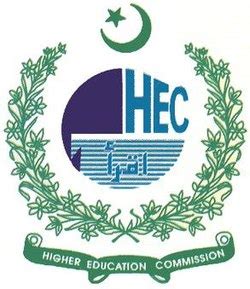Estimating the Nexus Among Demographic Dividend, Economic Growth, and Environmental Degradation for Pakistan
DOI:
https://doi.org/10.51732/njssh.v8i3.150Keywords:
Demographic Dividends, Economic Growth, Environmental Degradation, Technological Innovations, PakistanAbstract
Sustainable developmental goal eight (SDG-8) focuses on economic growth and decent work, the primary key to accelerating any country's economic growth. Likewise, reaping the demographic dividend of any country to its optimum level may exacerbate the level of sustainable cities and communities (SDG-11) through the responsible group of production and consumption (SDG-12) hence to raise the economic pace. However, neglecting the environment by focusing on economic growth may induce environmental issues, a significant climate change agent. To achieve the set targets of sustainable development, the reorientation of policies in Pakistan is required to address the climate-based problems by not halting the economic growth process. Accordingly, this study aims to analyze the role of Pakistan's demographic dividend by controlling the impacts of technological innovations, capital formation on Pakistan's economic growth, and environmental degradation-based climate issues from 1980-2018. Therefore, the study plans to use heterogenous econometric algorithms. After identifying the degree of integration between the variables, the study tests the cointegration and found that the variables are cointegrated in the long run. The empirical estimates from the dynamic ARDL estimator reveal that economic growth and innovations are still rising the environmental degradation, while the role of demographic dividend is declined its impact on the environment. Further, the role of demographic dividend and innovations are increasing the economic pace, while more degradation tends to raise concerns about the economic performance of the country. Based on the results obtained from the study, new and updated policies are provided to the policymakers of Pakistan for theory and practice.








